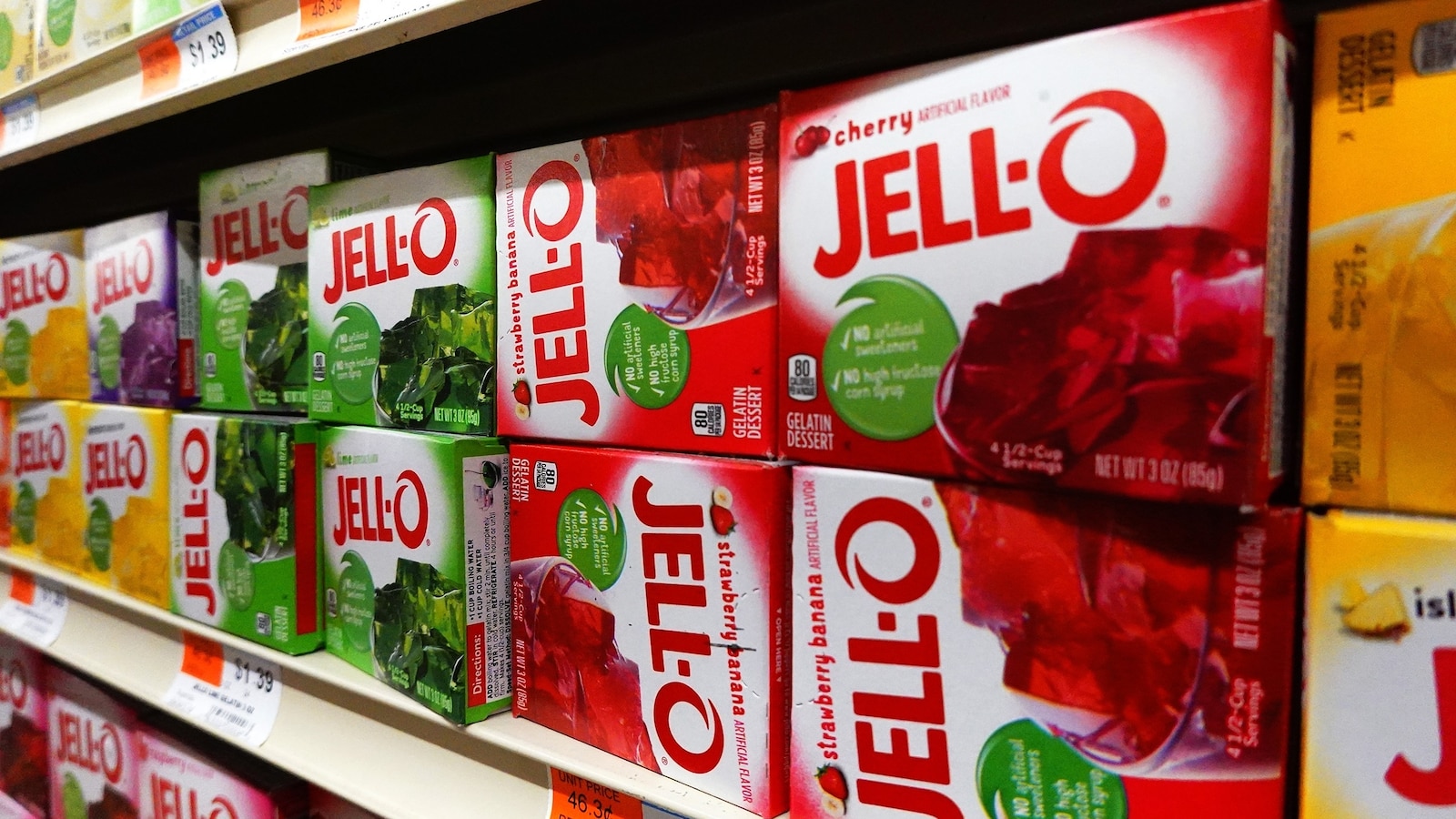Kraft Heinz has announced plans to eliminate artificial food dyes from its products within the next two years. Currently, approximately 10% of its offerings, including well-known brands such as Crystal Light, Jell-O, and Kool Aid, contain FD&C color additives authorized by the U.S. Food and Drug Administration (FDA).
Pedro Navio, the president of Kraft Heinz North America, highlighted the company’s commitment to evolving its product line. In 2016, Kraft macaroni and cheese was reformulated to remove artificial colors, preservatives, and flavors, and the company’s Heinz tomato ketchup has never contained artificial dyes.
“As a food company with a 150+ year heritage, we are continuously evolving our recipes, products, and portfolio to deliver superiority to consumers and customers,” Navio stated. “The vast majority of our products use natural or no colors, and we’ve been on a journey to reduce our use of FD&C colors across the remainder of our portfolio. … Above all, we are focused on providing nutritious, affordable, and great-tasting food for Americans, and this is a privilege we don’t take lightly.”
This move follows remarks by Health and Human Services Secretary Robert F. Kennedy Jr., who unveiled a plan in April aimed at phasing out eight synthetic food dyes from the American food supply. At a press conference, FDA Commissioner Dr. Marty Makary indicated that health agencies are contemplating revoking the authorization of at least two synthetic food colorings and collaborating with the food industry to remove six others used widely in food products.
Kennedy noted that major food companies have shown a willingness to voluntarily eliminate artificial food dyes, although it remains uncertain which actions he could pursue if compliance is not met.
After Kennedy’s announcement, PepsiCo’s CEO revealed during an earnings call that the company had already commenced the removal of artificial colors. Similarly, In-N-Out confirmed in May its decision to stop using artificial dyes in its menu items.
While some companies, like Kellogg’s, assert their products meet safety standards set by the FDA, last month the FDA approved two new dyes and expanded the approval of a third, allowing broader use in food items.
Research has linked some artificial dyes to behavioral changes in children and potential cancer risks in animals, raising questions about possible effects on humans. Nutritional experts remain divided, with some recommending a complete avoidance of these dyes, while others advocate for further research to clarify their impact.

